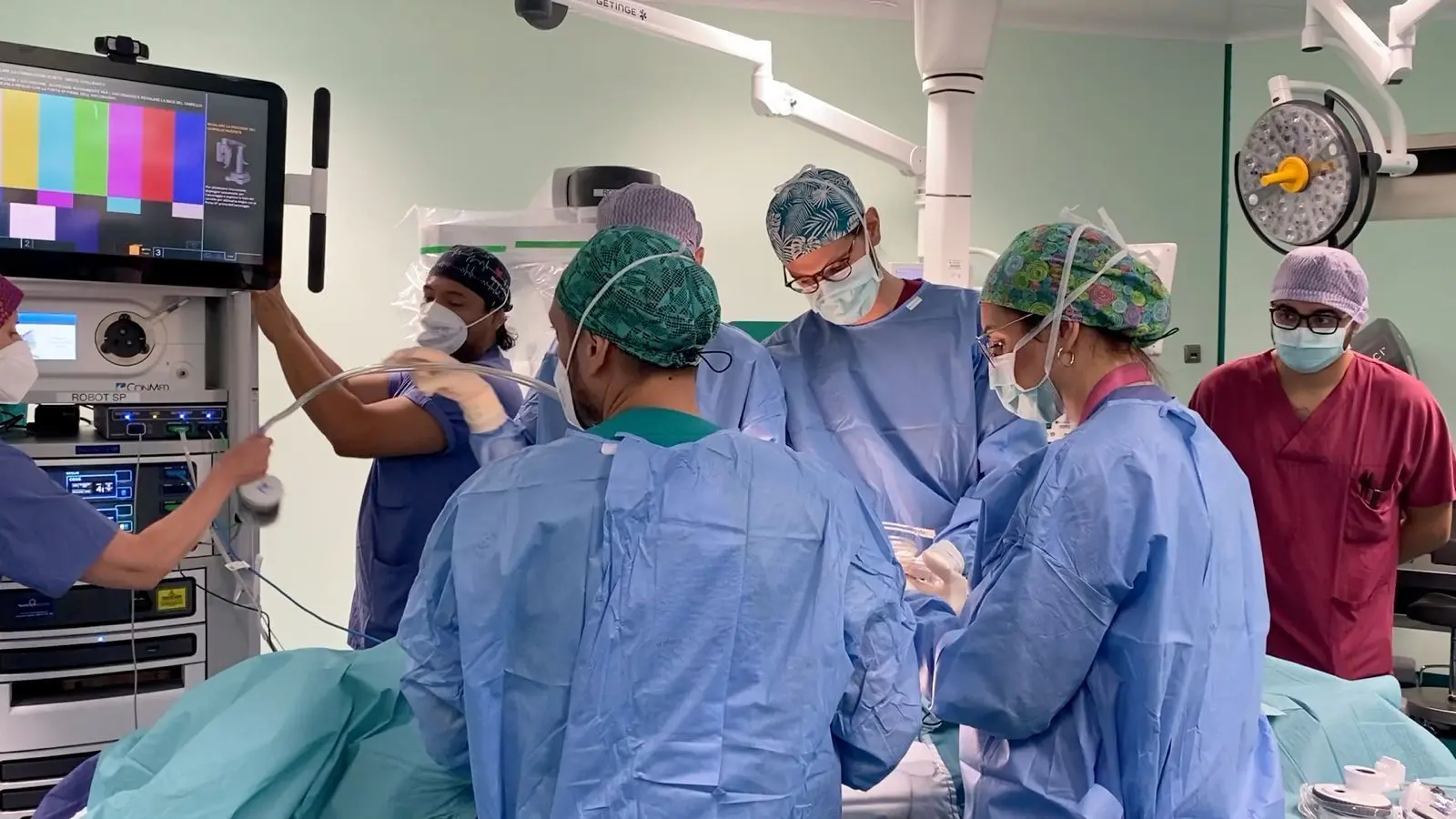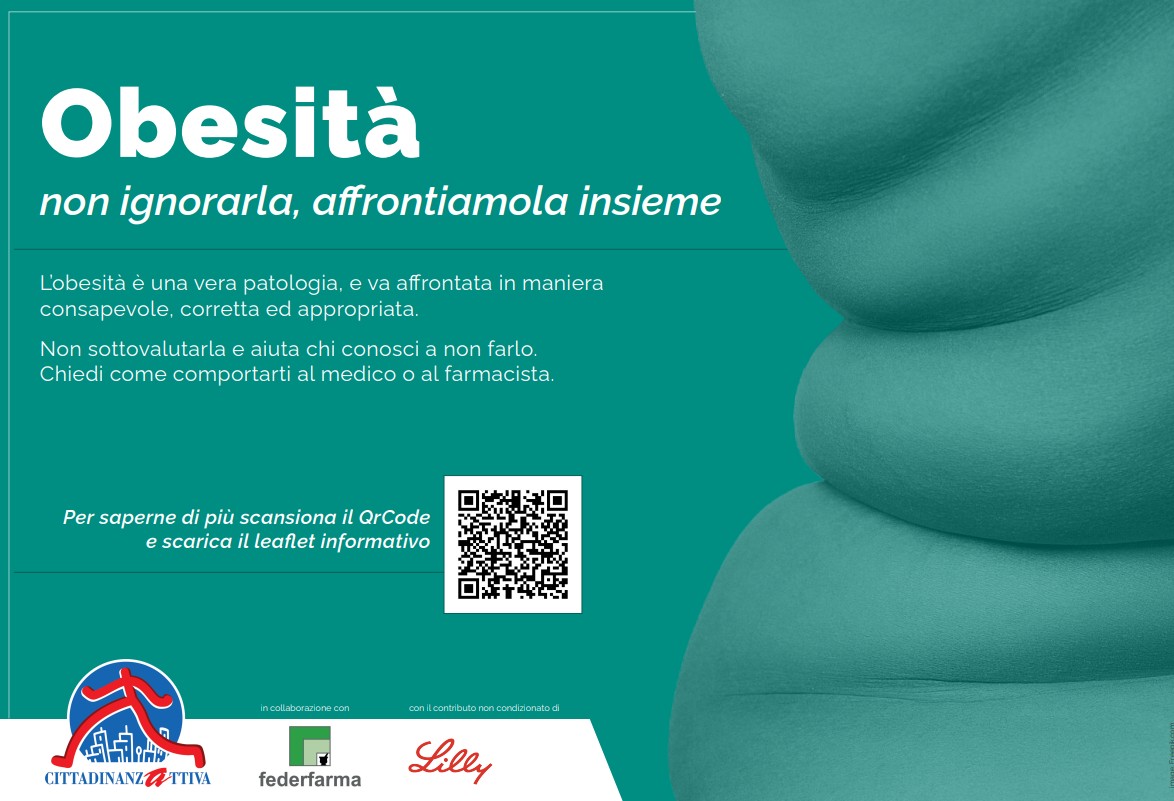MILAN (ITALPRESS) – The Unit of Urology of the IRCCCS Ospedale San Raffaele in Milan is recognized as a center of international excellence for the diagnosis and care of the main oncological and functional diseases of the uro-genitale apparatus. With more than 3,500 renal cancer surgeries and more than 2,000 for bladder cancer, the Unit stands out for surgical experience and the use of the most advanced technologies, such as the latest generation Da Vinci Xi robotic systems. More than 700 robotic surgery interventions are performed every year and more than 20,000 outpatient performance, with a multidisciplinary approach that integrates clinical activities, research and academic training. The collaboration with the Urban Research Institute (URI) allows the development of innovative therapies and the study of new therapeutic strategies, confirming the role of the San Raffaele Hospital as a reference point for patients from all over Italy and abroad. “The great novelty of kidney cancer treatment – explains to Italpress Francesco Montorsi, head of Urology at the IRCS Hospital San Raffaele and Ordinary of Urology at the Università Vita- Salute San Raffaele in Milan – is to consider that not all tumors are equal. Based on the characterization of the neoplasia it is possible to cure it: pricking it with a needle and cauterizing it; using the new form of robotic surgery, so-called “single port”, which with a single cut allows to selectively remove the injury; or it is possible to treat it using a new form of radiotherapy called stereotaxic, a very precise technique that uses high-intensity radiation beams to target the tumor by saving as much as possible healthy tissues around. All these methods are already available at San Raffaele in Milan. Innovation, for the primary of Urology, is then to work in group, in a multidisciplinary form, combining the excellence of oncologists, doctors and radiotherapists, with which every case of urological tumor is discussed, with particular attention to that of the bladder. On the disease at the initial stages, it intervenes using extremely innovative medicines drastically reducing the risk. When neoplasia is particularly aggressive, the approach is instead the combination of some new immunotherapy or chemotherapy drugs and possibly surgery and radiotherapy. For Prof. Montorsi “the communion of forces is the great novelty for this type of tumor”. Finally, the professor emphasizes how mini-nvasive surgery has profoundly changed the life of patients. In the past the interventions were effective, but also very invasive: Engravings were great and recovery required up to a month before returning to normal and working life. Today, on the other hand, thanks to the new techniques, it is possible to intervene with increasingly delicate approaches: from the single-port technique, which uses a single small access to carry out the intervention, to the multi-port technique, which includes four or six microincisions. The patient “almost does not notice” – says the Primary – and at the same time, these modes allow the surgeon to be extremely precise, respecting the surrounding tissues and organs”. As the expert points out, it is “a great step forward”. Also fundamental is the commitment of clinical research, which at San Raffaele addresses “right to the patient’s bed”: every little progress is immediately transferred to practice, to improve the quality of medical and surgical care.
-photo IRCCS Hospital San Raffaele –(ITALPRESS).






